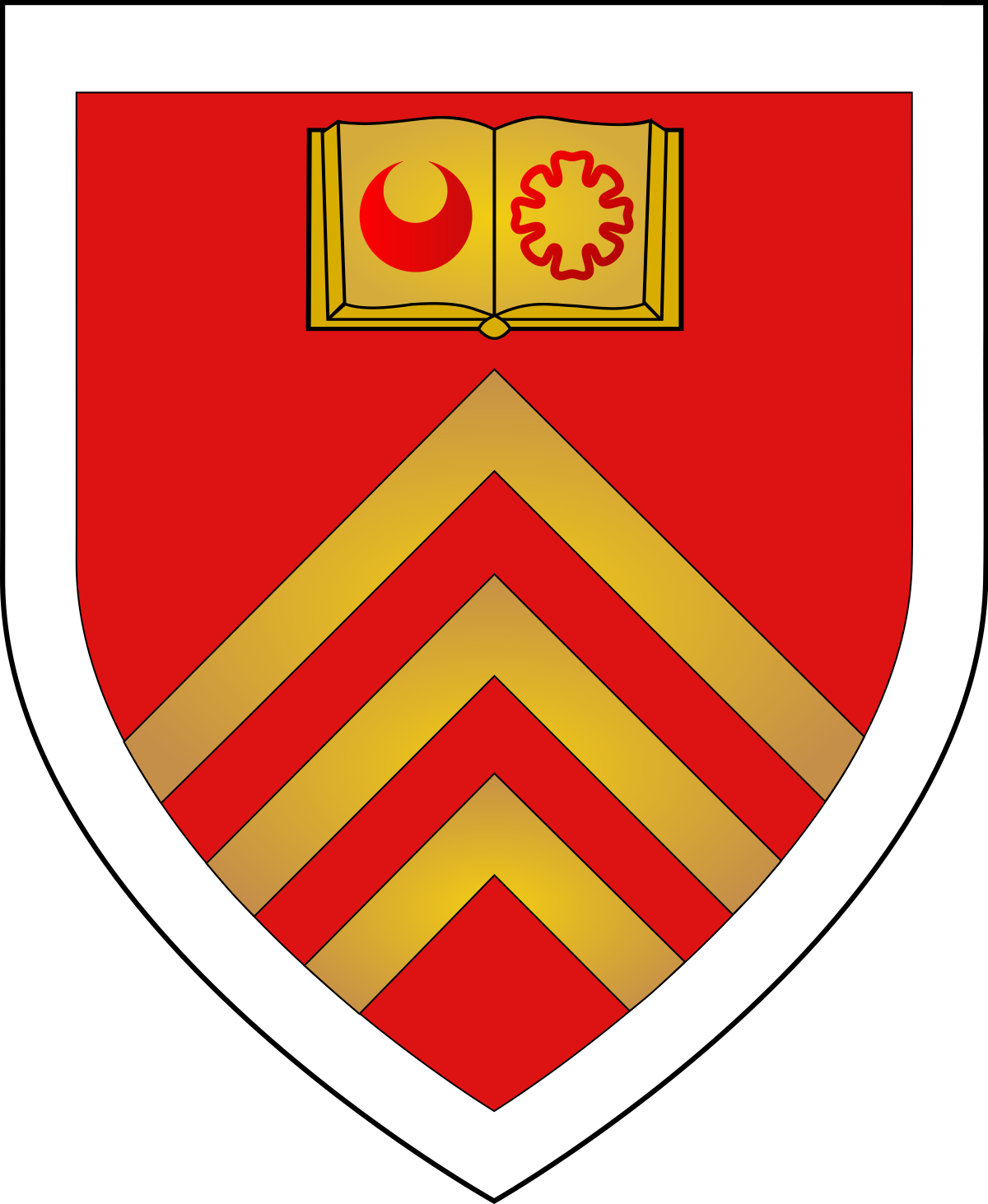
BSc in Conservation of Objects in Museums and Archaeology
Cardiff University, Cardiff


Cardiff University, Cardiff

BSc in Conservation of Objects in Museums and Archaeology
Cardiff University, Cardiff
Russell Group Membership | Strong Industry Connections
It is a top-ranked institution verified by QS
Degree
Undergraduate
Duration
36
Course Type
With Co-op
Co-op education gives you real-world experience in a job related to your studies.
INR
28.45L
USD 33470
1st Year Tuition Fees
Opening Soon
GBP 28.5